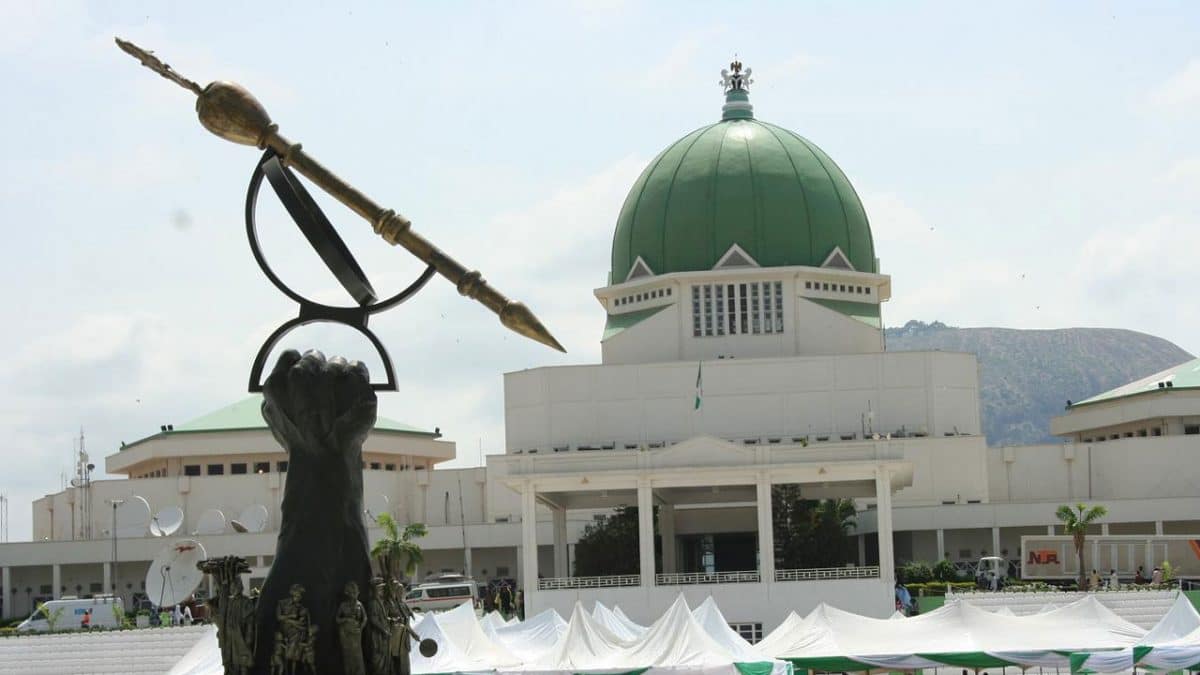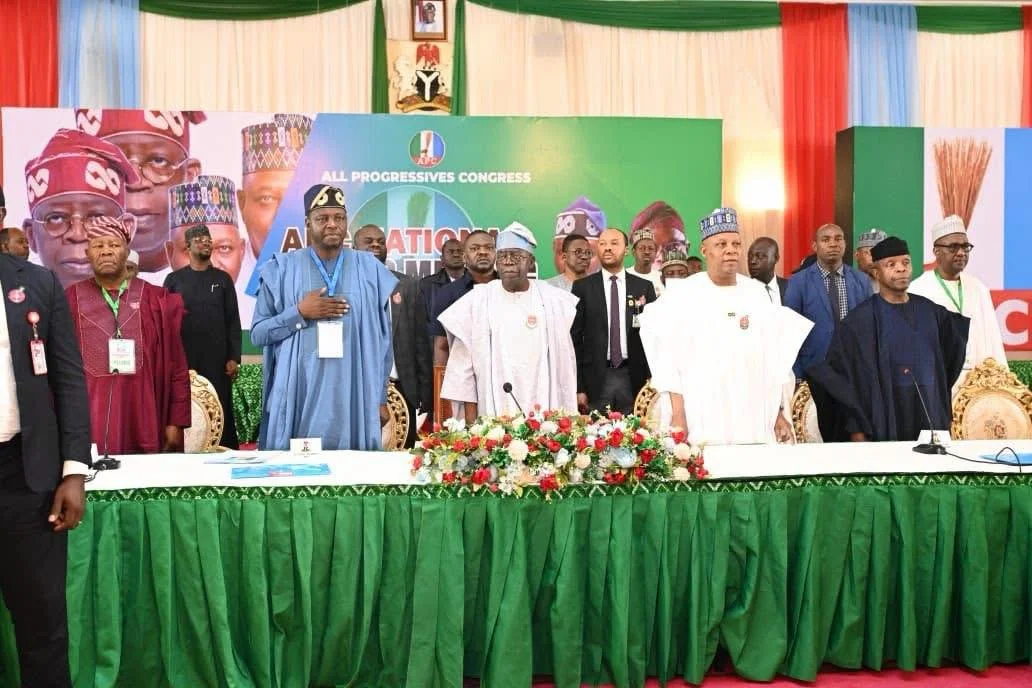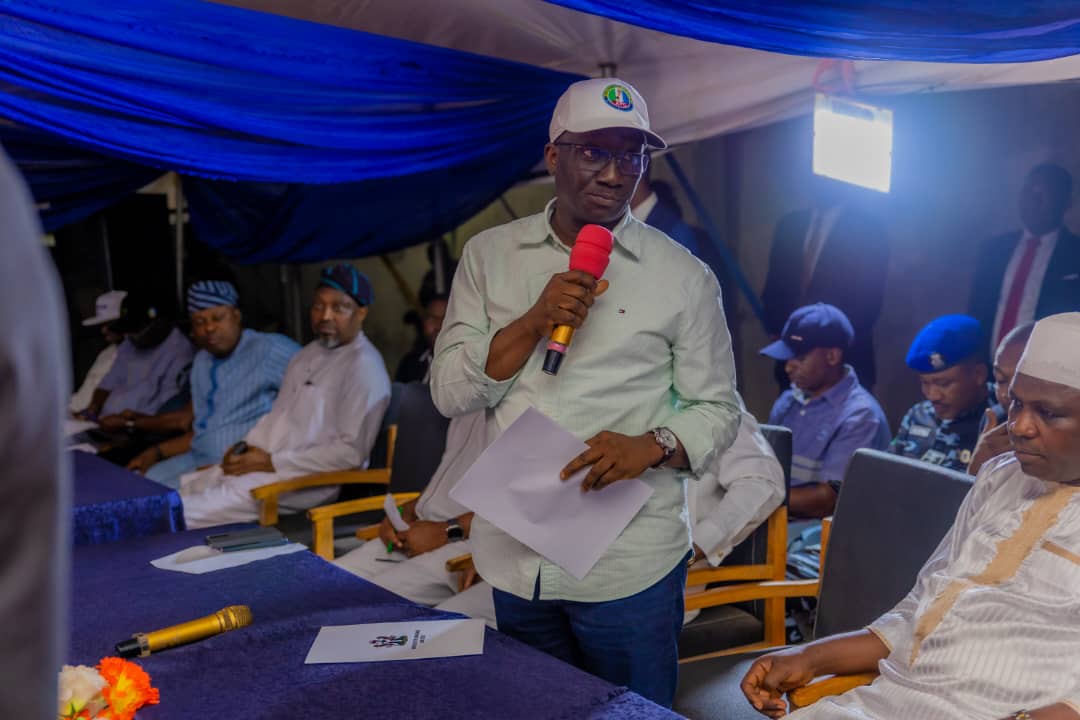As the National Assembly gears up to receive the 2025 budget of President Bola Tinubu, the Senate, through its Finance Committee, has threatened zero allocation to federal government-owned Agencies that fail to appear before it for audit of records of expenditures made from 2024 appropriations .
Members of the Senate rule on Finance expressed dismay at the inconsistencies discovered in the records books of some of the agencies .
The Senate’s threat against any agency found wanting , on proper expenditure records from 2024 appropriations , came to the fore during an investigative hearing on remittance of internally generated revenue, fiscal accountability, and the overall state of the country’s financial management system conducted by its committee on Finance .
The meeting had in attendance the Accountant-General of the Federation, Dr Oluwatoyin Madein who was grilled by the Lawmakers.
Specifically , the Chairman of the Committee , Senator Sani Musa ( APC Niger East ) in his closing remarks after an interface with the Accountant General of the Federation , Oluwatoyin Madein, said any agency that failed to appear before the committee risks zero allocation for 2025 fiscal year .
“This performance index exercise on the various MDAs is preparatory to the 2025 budget. Any agency that failed to appear before this committee upon invitation risks zero allocation in the 2025 budget because records of how appropriations made for 2024 are expended must be provided with facts and figures, he said.
The Accountant General of the Federation had, before the threat, presented a summary of internally generated revenue for the federal government up to September 2024.
The reported figures included: Independent revenue of ₦2.7 trillion, Operating surplus from Government-Owned Enterprises (GOEs) amounting to ₦2.3 trillion and Ministries, Departments, and Agencies’ (MDA) internally generated revenue (IGR) of ₦344 billion.
However, the Committee noted that the submitted report focused solely on the Accountant General’s office, with significant omissions regarding the federal government’s overall financial activities.
In light of the gaps identified, the Committee resolved to invite other relevant agencies, including the Revenue Mobilization Allocation and Fiscal Commission (RMAFC), the Nigerian Extractive Industries Transparency Initiative (NEITI), and the NNPCL, for a joint session to ensure a comprehensive review of the discrepancies.
“This is not about hearing from one side and another separately; we need all stakeholders present at the same time to provide clarity and consistency in their reports.
“The Senate hearing reflects growing efforts to strengthen Nigeria’s financial oversight and accountability mechanisms, with a shared commitment to enhancing transparency and building a robust fiscal policy framework”, said the committee Chairman .
Aside from the Chairman, other members of the committee during the interface with AGF, expressed deep frustration over the persistent delays in the release and utilization of capital budgets, citing inefficiencies within the centralized payment system managed by the Office of the Accountant General of the Federation.
They criticized the centralized payment policy, which requires over 700 Ministries, Departments, and Agencies (MDAs) to process payments through a single office.
The policy, according to them , has led to inefficiencies, delayed project completions, and diminished public trust, especially in constituencies expecting the execution of critical infrastructure projects.
Concerns were also raised about contractors being required to pay under-the-table fees, reportedly 5% of the contract value, to expedite their payments.
This practice, if verified, according to them, represents a major accountability issue, undermining the efficiency of the system.
The Accountant General revealed that stamp duty revenues from 2020 to 2024 were disappointingly low, totaling ₦30.3 million compared to the ₦301.49 million internally generated revenue (IGR).
Lawmakers linked this to poor budget performance, as taxes are only collected when payments are made.
The Accountant General in her defence explained that the centralized payment system was introduced to curb inefficiencies and prevent unutilized funds from being rolled over annually.
The committee however gave the Accountant General until Wednesday this week , to provide all requested reports, ahead of a follow-up meeting scheduled for 2pm the same day.
Members also indicated plans to summon other agencies, including the Nigerian National Petroleum Corporation (NNPC) and the Nigerian Extractive Industries Transparency Initiative (NEITI), to address discrepancies in their submissions.
Yahoo Mail: Search, organise, conquer




